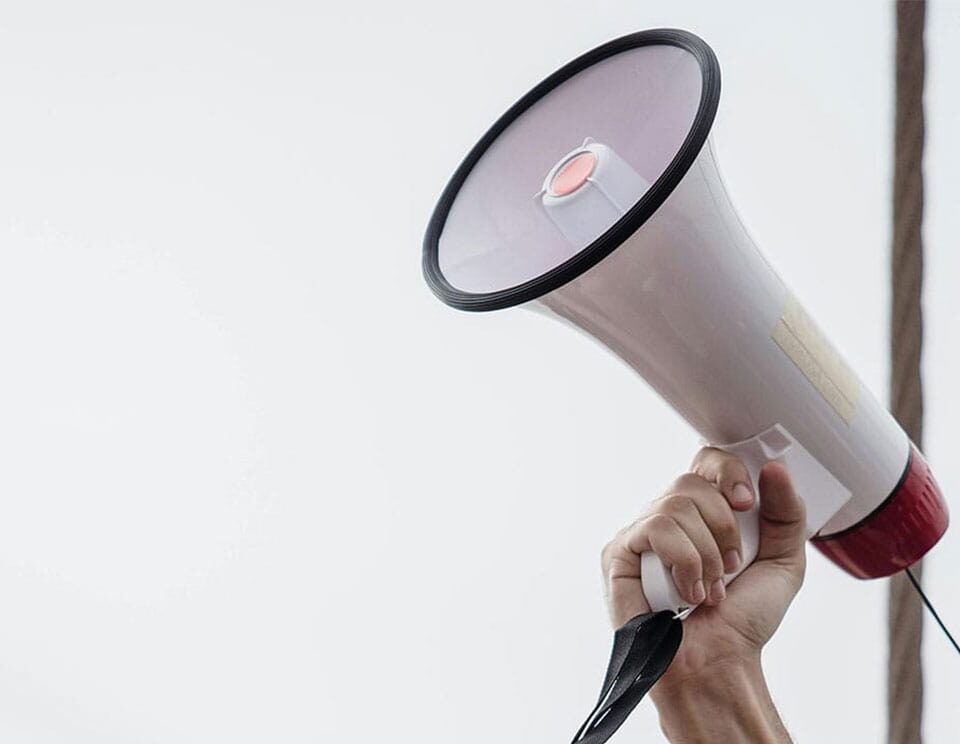If you are wondering whether the Ontario Health Insurance Plan (OHIP) covers tinnitus treatment, you have come to the right place. Tinnitus is when an individual experiences ringing (or other noises, like buzzing or hissing) in the ears or head, rather than from an outside sound source. The condition can often be managed using different strategies, including hearing aids, sound therapy, or sound generators.
Unfortunately, Audiology services are not covered under OHIP, although it does include some coverage towards the cost of hearing aids, if meet eligibility criteria and if they are recommended by your Audiologist. Ultimately, however, the answer to “is tinnitus covered by OHIP” is NO.
Read about various tinnitus treatments below, including sound therapy and other management strategies.
What Is Tinnitus?
Tinnitus is not the condition in and of itself, but a symptom of a wide range of potential underlying causes. Although tinnitus is commonly associated with hearing loss, more than 200 various health disorders have tinnitus as a symptom. An estimated 37% or 9.2-million adults in Canada is reported to experience tinnitus.
There are many different potential causes that will result in the experience of tinnitus, including but not limited to: hearing loss, excessive earwax buildup, noise exposure, ear infections, abnormalities of the blood vessels, temporomandibular joint (TMJ) disorders, certain medications, head or neck injuries including consussions, or even muscle spasms of the inner ear.
It is important to discuss your tinnitus with your Doctor, Audiologist, and other healthcare providers, to help determine what might be causing your tinnitus.
Tinnitus Symptoms
There are two main types of tinnitus: subjective tinnitus and objective tinnitus. Subjective tinnitus is only heard by the patient. Objective tinnitus is far less common, and occurs when there is a sound that outside observers can also hear. This type of tinnitus is often caused by a physical abnormality, such as abnormalities of the blood vessels or structures of the inner ear. Both types of tinnitus can present in a variety of different ways, and can be described as buzzing, ringing, hissing, roaring, or whistling. The noise can be continuous or intermittent. The severity of the tinnitus may differ from person to person, and can be evaluated using subjective questionnaires, such as the Tinnitus Functional Index (TFI) or Tinnitus Handicap Inventory (THI).
Do I Have Tinnitus?
Almost everyone will experience some instance of tinnitus at some point in their lives, and it isn’t necessarily a cause for concern. Brief, spontaneous tinnitus is extremely common, and typically lasts a few seconds or minutes. It is also very normal to experience temporary tinnitus after prolonged noise exposure, and this can last minutes or hours. Chronic tinnitus is less common, and occurs when your tinnitus is constant without any pauses or breaks.
Tinnitus Treatments
There is no one treatment method that fits all when it comes to treating tinnitus. If the root cause of tinnitus can be found, then oftentimes treating the cause will alleviate the tinnitus. For example, if there is an excess buildup of earwax, once it is removed, the tinnitus should improve. However, if the specific cause cannot be found, treatment will focus on management strategies to help cope with the symptoms of tinnitus. Some such treatment methods might include:
Sound Therapy – Sound therapy involves listening to positive and relaxing sounds to help the patient habituate to the sound of their tinnitus.
Counseling – This treatment method helps educate the patient about the condition and allow him/her to cope with it.
Relaxation Therapy – Increased levels of stress or anxiety can cause the tinnitus to become worse. Finding ways to reduce stress or anxiety can, in turn, reduce the severity of the tinnitus.
Lifestyle Changes – Certain dietary and lifestyle changes can also reduce the severity of tinnitus. Your Doctor, Audiologist, and Nutritionist may be able to recommend some lifestyle changes to help.
To Summarize
Tinnitus can present in a variety of different ways, and can be caused by many different reasons. If you are suffering from chronic bothersome tinnitus, our Audiologists are here to help. You can expect a comprehensive audiological evaluation with a tinnitus assessment, as well as a specific and customized treatment plan to help you manage your symptoms. Please contact our clinic to learn more about how we can support you.
About the Author
Salima Jiwani is the Founder/Director and Lead Audiologist at AudioSense Hearing, Balance & Concussion, an audiology clinic in Yorkville, Toronto. Salima has a keen clinical and research interest in disorders of the external, middle and inner ear, including hearing loss, auditory processing difficulties, tinnitus, sound sensitivities and post-concussion auditory deficits. Salima is passionate about understanding how the brain responds to sound after injury and in post-surgical management of cochlear implants. Salima works with children and adults of all ages at AudioSense, and provides her patients with industry-leading audiological care by leveraging her clinical, research and industry experience. She firmly believes in a holistic cross-collaborative team approach to audiological care and is always looking for outside-the-box evidence-based innovative ways to offer care to her patients. Outside of work, Salima continues to be engaged in advocacy initiatives to elevate the profession of audiology, give audiologists a voice and promote optimal audiological care for her patients.







